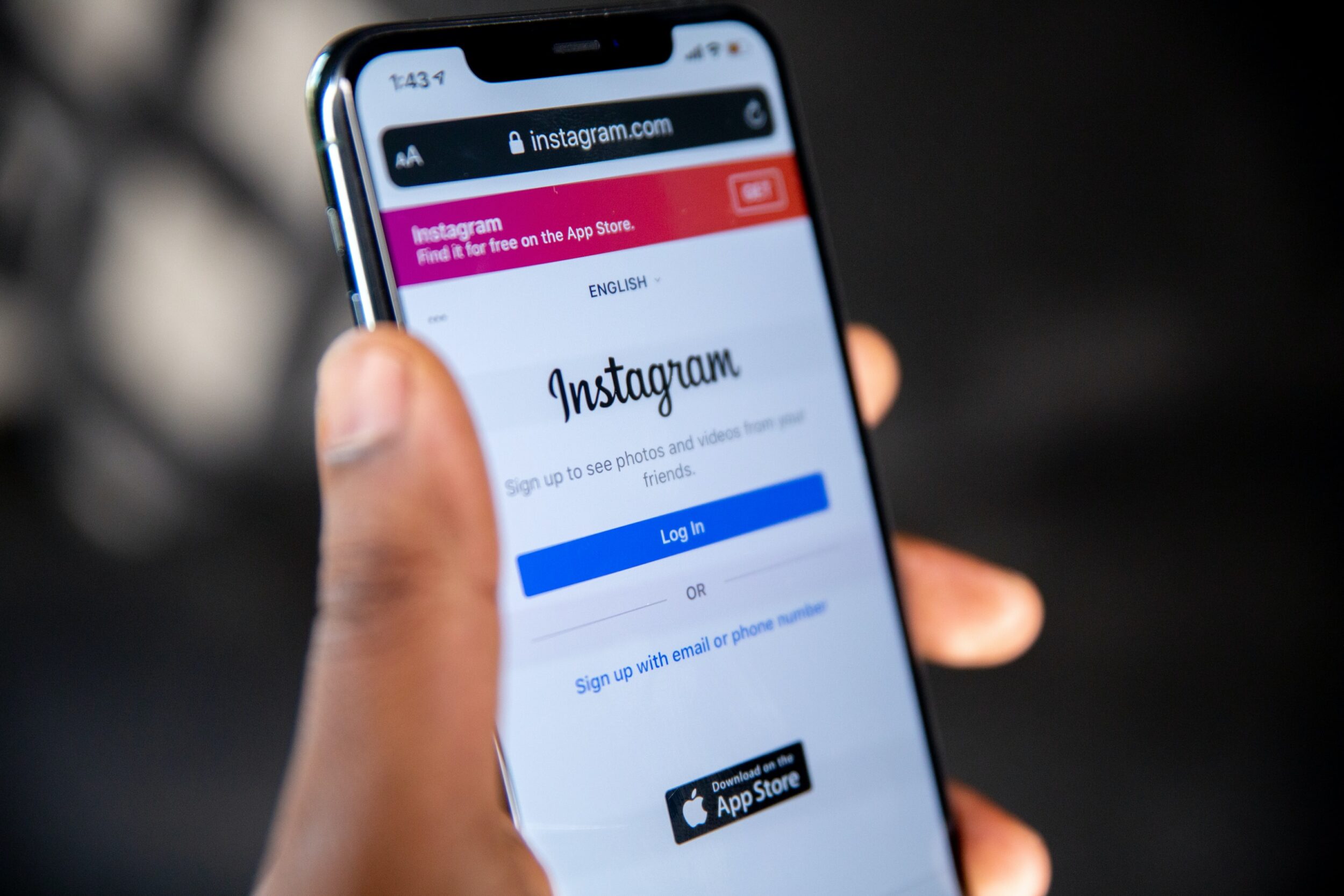It’s a debate as old as the (digital) world. Social network — term easily replaceable by “ Internet “in a broad sense or” video games — have a harmful influence on young people? Points of view differ, some ask that their access be regulated or even banned altogether, others denounce the deleterious effect of some platforms on the mental health of adolescents. Should we better regulate their access for certain age groups? Better educate children, and their parents, to surf the net? On March 23, 2023, lawmakers in Utah in the western United States decided: all young people under the age of 18 will now need parental consent to connect to their social networks.
A law supported by the Republican governor of Utah
What does this new law, signed by Republican Governor Spencer Cox say? As reported by Keeper, this affects all minors, regardless of age, on many platforms such as TikTok, Instagram and Facebook. Parents will also have full access to all of their children’s posts, and the platforms will block minors from accessing their account between 10.30pm and 6.30am, unless parents change these settings. Added to this is a firm prohibition for the companies that own these social networks to use techniques that could ” promote addiction among minors », to collect data about them or to produce content aimed at young people.
A national debate
Utah thus becomes the first US state to ban all minors from accessing social networks without parental permission, despite resistance from civil liberties groups who are concerned that such a decision deprives LGBTQIA+ youth of valuable access to digital support and information networks.
” We don’t want social media to continue harming the mental health of our young people the Republican governor said in a tweet:
We are no longer willing to let social media companies continue to harm the mental health of our young people. Today we signed two key bills in our fight against social media companies into law:
➡️ SB152 requires social media companies to verify that users at https://t.co/GVAcSi9zHx… pic.twitter.com/M1Kbya1xQi
— Utah Governor Spencer J. Cox (@GovCox) March 23, 2023
This decision is part of a larger legislative debate, which is taking place at both the state and federal levels. As reported by Keeperthe day Spencer Cox ratified the text of the law, the CEO of TikTok was heard by Congress on suspicions against the network: damage to national security, data privacy and mental health of its young users.
An unenforceable law?
Uncertainty remains about the conditions for applying this new law. At the federal level, the Children’s Online Privacy Protection Act already prohibits companies from collecting the data of children under the age of 13 without parental consent. It is for this reason that most platforms, such as Facebook, are prohibited for children under 13. An easily circumvented rule: Lie about your age, as no verification is required.
Tech organizations denounced the new law:
“Utah will soon require digital services to collect sensitive information about teens and their families, not only to verify age but also to ascertain parental parentage. Photocopies of official identification documents and birth certificates will need to be provided, which will expose these details to an increased risk of leaks. This double law violates Utah’s First Amendment right to share and access speech online »
Nicole Saad Bembridge, associate director of Netchoice, a tech lobby. Source: The Guardian, 23 March 2023
The law will go into effect next March. The legislative battle continues in the rest of the country: Connecticut and Ohio have tightened parental controls for users under 16, while Arkansas and Texas have presented bills aimed at limiting the use of social networks to all minors, even at the cost of ban it altogether by suspending the accounts of under-18s in Texas.
In France, the National Assembly adopted a bill in early March setting the numerical majority at 15 years. Below this threshold, platforms will need to obtain explicit parental permission. The text also provides for a fine of 100,000 euros in the event that a social network does not comply with these age verification and parental authority consent obligations. The bill must now be considered by the Senate.
Source: Madmoizelle
Mary Crossley is an author at “The Fashion Vibes”. She is a seasoned journalist who is dedicated to delivering the latest news to her readers. With a keen sense of what’s important, Mary covers a wide range of topics, from politics to lifestyle and everything in between.





